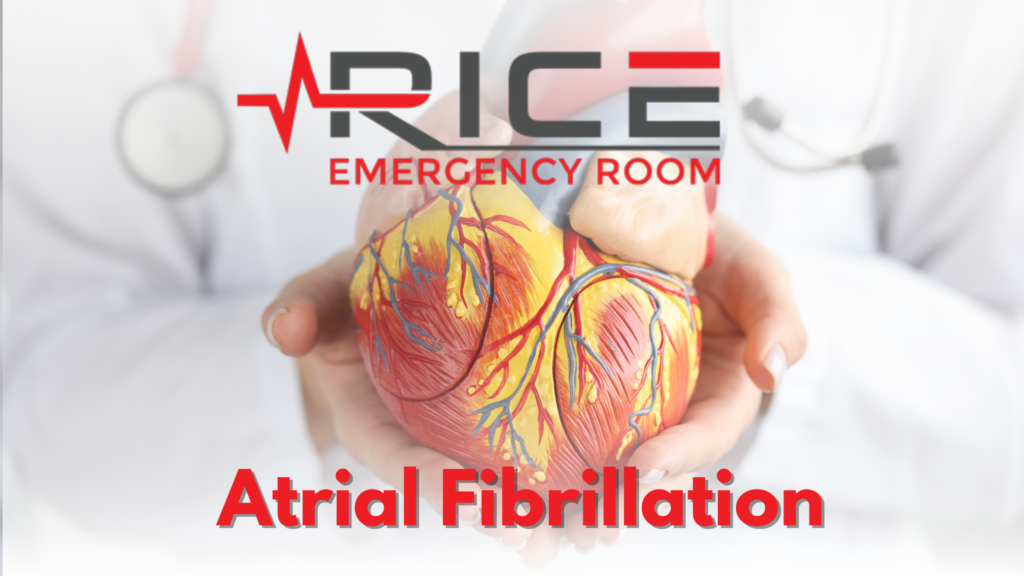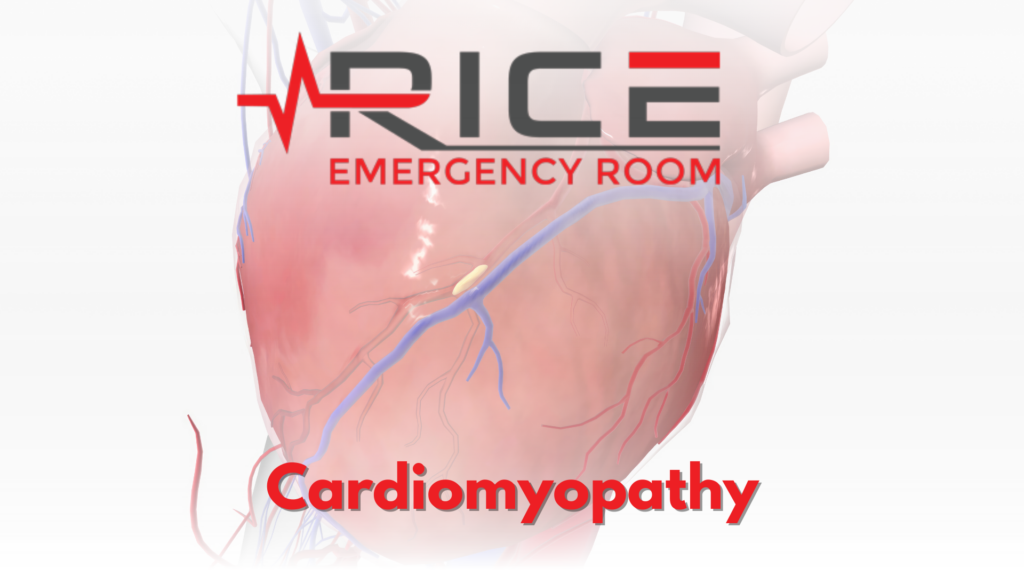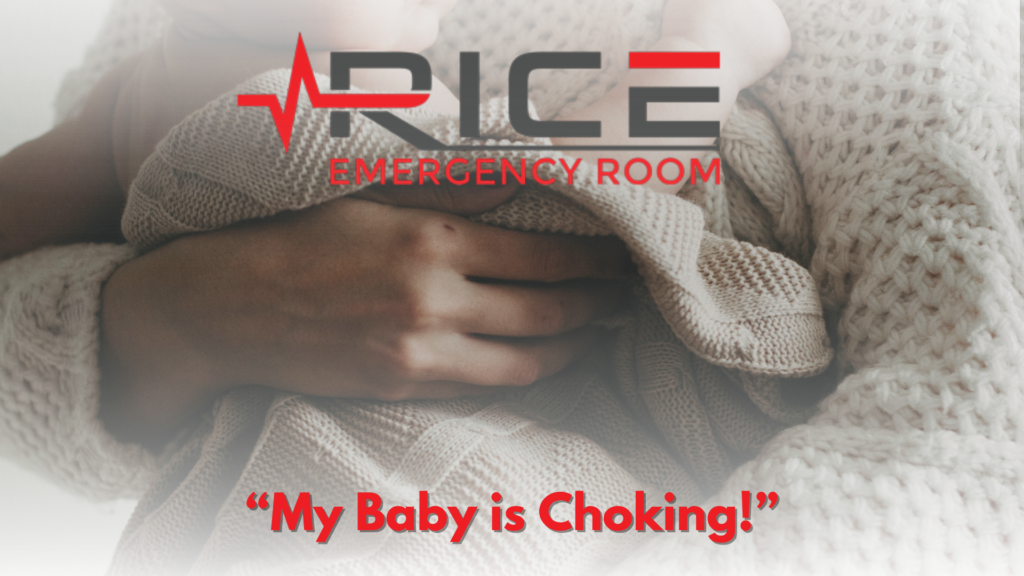Head injury, particularly concussion, is a significant concern in various settings, from sports fields to everyday activities. Concussions are a type of traumatic brain injury (TBI) that can have serious implications if not properly managed. Let’s delve into the symptoms, causes, and management strategies for concussions, drawing on expert sources for comprehensive insights.
Symptoms of Concussion
Concussion symptoms can vary widely among individuals and may not always appear immediately. Recognizing these symptoms is imperative for timely and effective treatment.
A concussion can manifest in various ways, affecting different aspects of a person’s health and well-being. Physically, common symptoms include headaches, nausea, vomiting, dizziness, and balance issues. Those affected might also become sensitive to light and noise and experience visual disturbances like blurred vision.
Cognitively, concussions can lead to confusion, difficulty concentrating, and memory problems. Some individuals may struggle to recall events that happened before or after the injury, highlighting the impact on cognitive functions.
Emotionally and behaviorally, concussions can bring about changes such as irritability, sadness, and anxiety. It’s not uncommon for people to exhibit unusual behavior or experience shifts in their personality following a concussion, indicating the emotional toll it can take.
Sleep disturbances are another common issue associated with concussions. People may find it hard to fall asleep, sleep more than usual, or suffer from insomnia, highlighting the disruption concussions can cause to sleep patterns.
It is important to note that symptoms can evolve over time, and some may not manifest until hours or even days after the injury. Seeking medical attention promptly when a concussion is suspected is essential for proper diagnosis and management. (Mayo Clinic)
Causes of Concussions
Concussions can result from any impact that causes the brain to move rapidly back and forth within the skull. This movement can lead to chemical changes in the brain and damage to brain cells.
Common causes include:
- Sports Injuries: Concussions are prevalent in contact sports such as football, hockey, and soccer, where collisions and falls are frequent.
- Falls: Falling, particularly among older adults and young children, is a leading cause of concussions. Slips, trips, and falls in the home or workplace can result in head injuries.
- Vehicle Accidents: Car, motorcycle, and bicycle accidents are common causes of concussions. The sudden impact or whiplash effect during a collision can cause significant brain movement.
- Assaults: Physical assaults and being struck by an object can also result in concussions.
Understanding these causes can help in taking preventive measures to reduce the risk of sustaining a concussion.
Management and Treatment of Concussion
Proper management of concussion is vital to ensure a full recovery and prevent further complications. Here are some key steps in managing concussions:
- Initial Response: Immediate removal from activity and seeking medical evaluation are critical. This is particularly important in sports, where continuing to play can exacerbate the injury.
- Medical Assessment: Our Board-Certified ER Physician will conduct a thorough assessment, which may include neurological exams, cognitive tests, and imaging studies like x-rays or CT scan if a more severe injury is suspected.
- Rest and Recovery: Rest is the cornerstone of concussion treatment. This includes both physical rest (avoiding strenuous activities) and cognitive rest (limiting activities that require concentration and focus, such as reading or screen time).
- Gradual Return to Activities: Once symptoms improve, a gradual return to normal activities is recommended. This should be done under the guidance of a healthcare professional to ensure that symptoms do not worsen. (Mayo Clinic)
- Monitoring and Follow-up: Regular follow-up with aftercare healthcare providers is essential to monitor recovery and address any persistent or worsening symptoms. Long-term management may be needed for individuals experiencing prolonged symptoms. (CDC)
Concussions are serious injuries that require prompt recognition and appropriate management. Understanding the symptoms, causes, and treatment strategies can help individuals and caregivers take the necessary steps to ensure effective recovery and prevent further complications.
Make Your Way to Rice Emergency Room
Rice Emergency Room is here to take care of your medical emergency 24/7, 365 days each year. In the case of an injury, we’re here to provide immediate care. You can even call to let us know you’re on your way.
Check In Online Here
“Concussion.” American Association of Neurological Surgeons, www.aans.org/en/Patients/Neurosurgical-Conditions-and-Treatments/Concussion. Accessed 5 June 2024.
Works Cited
“Concussion Symptoms and Causes.” Mayo Clinic, 14 Dec. 2022, www.mayoclinic.org/diseases-conditions/concussion/symptoms-causes/syc-20355594. Accessed 5 June 2024. “Signs and Symptoms.” Centers for Disease Control and Prevention, www.cdc.gov/heads-up/signs-symptoms/index.html. Accessed 5 June 2024.




